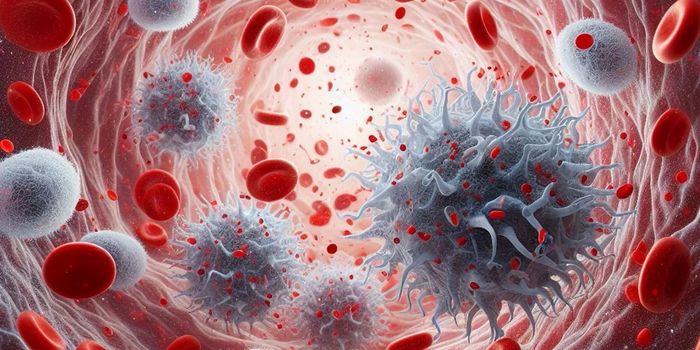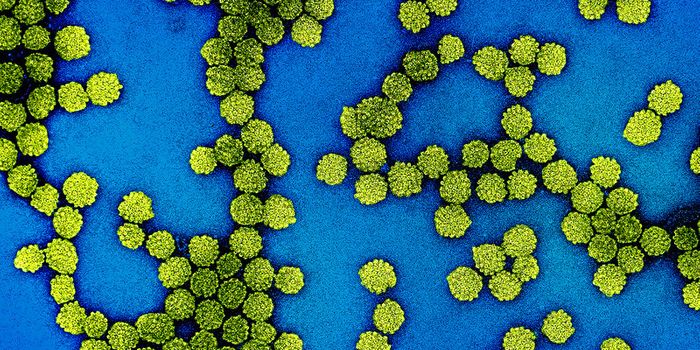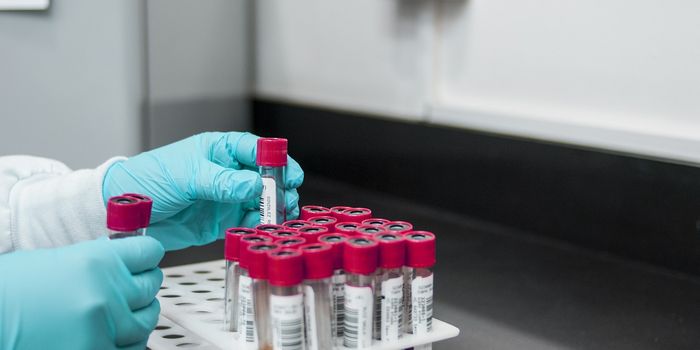Aspirin, formally known as acetylsalicylic acid (ASA), is one of the cheapest and most widely used over-the-counter drugs. This humble drug is used to treat a variety of health conditions like the common fevers, headaches, and inflammation. Doctors also prescribe this drug to reduce the risk of heart attacks for patients who have already had one.
In recent years, aspirin gained the spotlight again as more research linked it to anti-cancer potential. "There is a growing body of evidence that taking aspirin is of significant benefit in reducing some cancers," said Peter Elwood, professor at Cardiff University and first study author. Indeed, studies have previously linked aspirin to lowering the risks for
colorectal and
colon cancer by close to 20 percent. Likely, aspirin’s anti-inflammatory and anti-clotting properties play a part in its anti-cancer effects.
But the exact role of aspirin in cancer remains vague, as no one has really studied this link in depth. "Whilst we know a low-dose of aspirin has been shown to reduce the incidence of cancer, its role in the treatment of cancer remains uncertain. As a result, we set out to
conduct a systematic search of all the scientific literature," said Elwood.
To answer this question, Elwood and his team analyzed previous available data from 42 observational studies and 5 randomized trials of colorectal, breast and prostate cancers.
They found a 15-20 percent survival increase in patients who took low-dose aspirin, as compared to those who didn’t. Notably, Elwood highlighted the finding that cancer spread was also reduced with aspirin intake, suggesting the drug may reduce cancer metastasis.
"Our review, based on the available evidence, suggests that low-dose aspirin taken by patients with bowel, breast or prostate cancer, in addition to other treatments, is associated with a reduction in deaths of about 15-20%, together with a reduction in the spread of the cancer,” said Elwood.
Though the team did not elaborate on mechanisms behind aspirin’s purported anti-cancer effects, they noted a genetic link between a mutation in the PI3KCA gene in about 20 percent of patients. “This appeared to explain much of the reduction in colon cancer mortality by aspirin,” said Elwood.
But before we hail aspirin as the miracle wonder drug, it’s important to remember this drug has serious side effects associated with long-term regular use. A daily dose of aspirin, even in its coated form, has the tendency to thin the stomach lining, increasing the risk of gastrointestinal bleeding and stomach inflammation. Stomach bleeding is no trivial matter, as it kills more Americans each year than asthma or cervical cancer.
Commenting on the health risks of aspirin, the authors concluded: "While there is a desperate need for more detailed research to verify our review and to obtain evidence on less common cancers, we'd urge patients diagnosed with cancer to speak to their doctor about our findings so they can make an informed decision as to whether or not they should take a low-dose aspirin as part of their cancer treatment.”
Additional sources:
MNT









